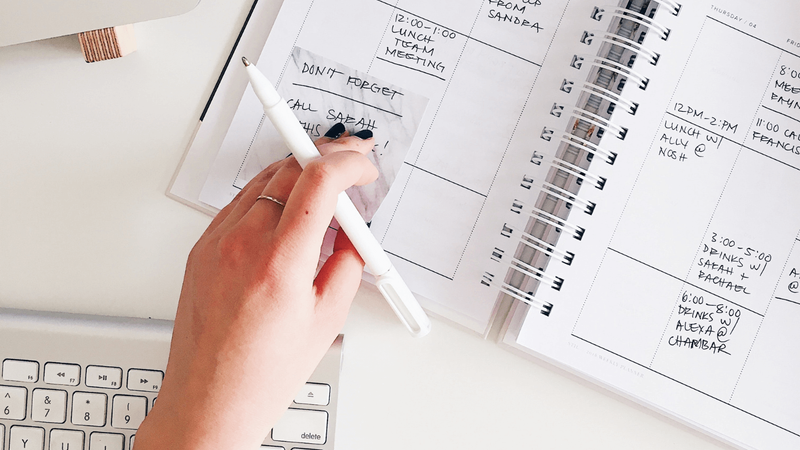The Nomad Life: Staying in Shape While Traveling
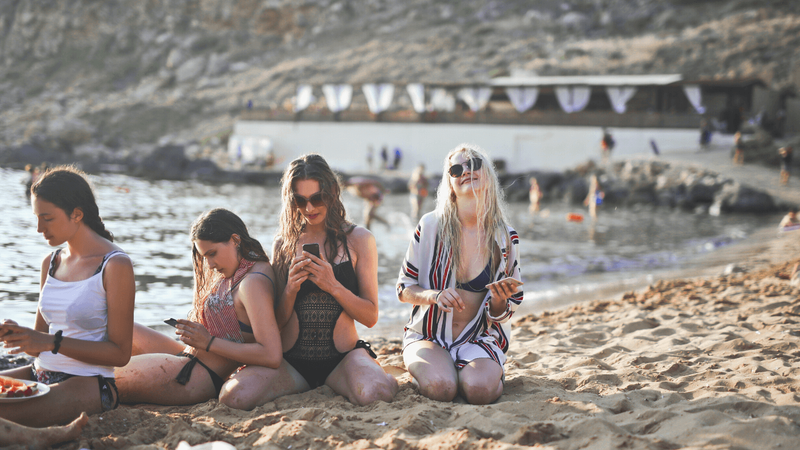
If the title for a book about remote work and the digital nomad life was, “More Freedom,” the subtitle would have to be, “Means More Discipline.” This isn’t just in relation to whatever you are doing to pay the bills, whether you are working remotely for someone else or running your own business. That, in a certain sense, is the easy part, because there’s some measure of accountability. Where it gets hard is regarding your personal life, specifically your health and fitness. Let’s take a look at some digital nomad health tips.
Keys to Success
One of the biggest keys to success in the digital nomad life is establishing a routine. While travel is exciting, it doesn’t get work done. Routines do. This doesn’t mean that every single minute of your day needs to be planned nor does it mean you need to replicate some sunnier version of an office schedule. It just means that regular meals, exercise, and sleep, alongside dedicated work blocks, are 90% of succeeding in remote work. Part of why routine helps you perform better is cognitive load. When you have established routines you don’t have to make decisions, of which you have a limited number you can make on any given day. When that routine is married to healthier decisions, like nutritious food and adequate sleep, you’re ready to take on anything.
That said, digital nomad health tips really fall into two approaches: outsourced and DIY. For this discussion, we will assume that you are staying in one place at least 30 days, give or take a weekend getaway (or two!).
Outsourced
If you can use 4HWW principles to help you find graphic designers or content writers, you can certainly use them to assist you in health and fitness. The outsourced model puts health and fitness in the hands of others. This includes:
- Getting a gym membership and some form of personal training that requires you to be at a certain place and time at least 2-3 times a week. This makes fitness an “appointment” that you have to keep just like a call with your team or an update with a client.
- Eating at establishments that serve healthy options with lots of fruits and vegetables. This doesn’t mean ditch the chances to explore (and enjoy) delicious (though perhaps unhealthy) local cuisine. It means that you should, on balance, err on the side of healthy when confronted with a choice.
The constraints with the outsourced method are cost and availability. Not every place you choose to go to will have a gym, personal training, or healthy food options. Even if those are available, they aren’t free, though they can sometimes be had very reasonably. This form is best for those who know they lack self-discipline when it comes to fitness and eating, and need an external source of accountability.
DIY
On the other end of the spectrum is do-it-yourself (DIY). This makes health and fitness something you are totally responsible for yourself:
- Exercises that are bodyweight oriented and do not require a gym. With that is also a level of discipline that doesn’t require a personal trainer to force accountability for scheduled exercise time. No gym means no gym fees, and simple bodyweight exercises can sometimes even be done inside your own room.
- A focus on meals prepared or cooked at home. This ensures control of diet and caloric intake but will also save money. There are plenty of nomad destinations where eating out costs the same as preparing at home, but the hidden cost there can be in the nutritional value of the meal.
The constraint for DIY is the requirement of discipline. This approach is best for those who know what they need to do exercise-wise and the diet that best suits that regimen. It’s also the cheapest option, as it doesn’t involve paying for gyms, personal trainers, or healthy restaurants.
Perhaps the most important of the digital nomad health tips, and one that is necessary for whichever approach you choose, is sufficient sleep. While we can sometimes be fooled by the acolytes of the “we’ll sleep when we are dead” school, the vast majority of successful people know that sleep isn’t just a minimum health strategy: it’s a tool to lead to top performance in any field, whether you’re in remote work or in a corner office. If you need a bit of convincing, take five minutes to watch this talk on the importance of sleep by Arianna Huffington.
Final Thoughts
The argument isn’t that you can’t travel as you build out your remote work career. Rather, it is to keep a sense of balance and order. Great work, sustainable businesses, and/or impactful art are rarely (if ever) created while island hopping or traveling every few days. Be intentional about the health and fitness routines you create as a digital nomad and they will serve you wherever you are and wherever you go.
About the writer
Stephen Heiner creates content professionally at Writerly and personally at The American in Paris and on Medium. You can follow his work and travels on Instagram and Twitter @stephenheiner.
Related Posts:
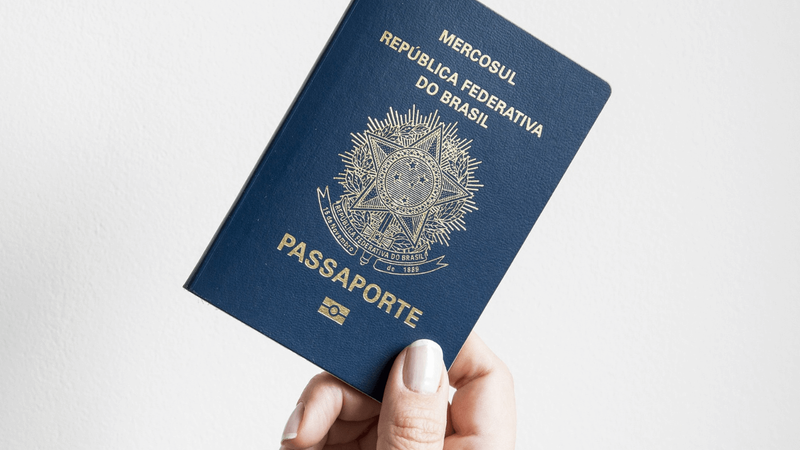

Featured Remote Jobs
 New Job! Featured Job Remote Job
New Job! Featured Job Remote Job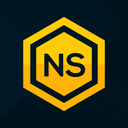 New Job! Featured Job Remote Job
New Job! Featured Job Remote Job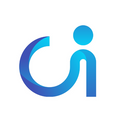 New Job! Featured Job Remote Job
New Job! Featured Job Remote Job New Job! Featured Job Remote Job
New Job! Featured Job Remote Job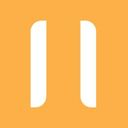 Closes in 10 days Featured Job Remote Job
Closes in 10 days Featured Job Remote Job Closes in 7 days Featured Job Remote Job
Closes in 7 days Featured Job Remote Job Closes in 3 days Featured Job Remote Job
Closes in 3 days Featured Job Remote Job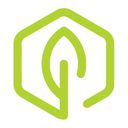 Closes in 2 days Featured Job Remote Job
Closes in 2 days Featured Job Remote Job
